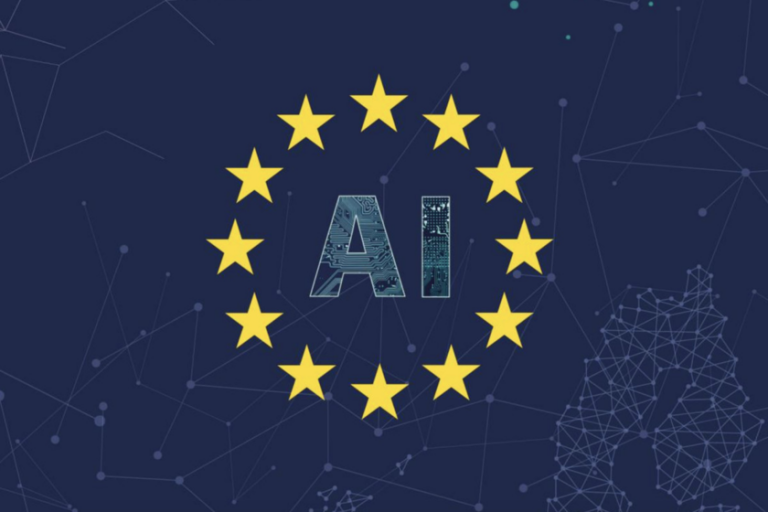The European Union has announced a new €1 billion initiative aimed at accelerating the adoption of artificial intelligence across critical industries. The program, unveiled by the European Commission, focuses on sectors including healthcare, manufacturing, energy, and defense. It represents a strategic push to strengthen technological sovereignty and improve Europe’s global competitiveness.
The EU AI initiative is designed to support both public and private sector efforts in deploying advanced AI systems. By funding research, innovation, and implementation, the program seeks to ensure that European industries can leverage AI to improve efficiency, reduce costs, and create smarter solutions for societal challenges.
Healthcare is a key area of focus. AI-powered diagnostic tools, patient monitoring systems, and predictive analytics are expected to enhance medical care and speed up treatment decisions. Hospitals and research institutions across the EU will receive support to integrate AI technologies that improve outcomes and optimize resources.
In manufacturing, AI will help companies automate production lines, manage supply chains more efficiently, and improve product quality. European manufacturers can use advanced algorithms to predict equipment failures, optimize energy use, and increase overall competitiveness in the global market.
Energy is another sector set to benefit from the initiative. AI can optimize energy grids, monitor renewable energy production, and improve demand forecasting. This will support Europe’s transition to cleaner energy sources while enhancing energy security and efficiency.
The defense sector will also see increased AI adoption, including in cybersecurity, logistics, and threat detection. By integrating AI technologies, European nations aim to maintain a strong defense posture while reducing risks and costs.
The European Commission emphasized that the €1 billion program is part of a broader strategy to ensure Europe remains competitive in the global AI race. Officials said the initiative will also foster collaboration between member states, startups, and established companies, promoting knowledge sharing and cross-border innovation.
EU leaders highlighted the importance of technological sovereignty in a rapidly evolving global market. By investing heavily in AI, Europe aims to reduce dependency on non-European technologies, maintain strategic autonomy, and secure a leadership position in critical tech sectors.
The initiative includes grants, funding programs, and partnerships designed to help small and medium-sized enterprises adopt AI solutions. Startups and research institutions can access resources to develop and scale innovative applications, accelerating the transformation of European industries.
Experts say the initiative will boost economic growth and create high-skilled jobs. By integrating AI into healthcare, energy, and manufacturing, the EU hopes to strengthen productivity while addressing societal challenges such as climate change, public health, and security.
Analysts view the program as a timely investment. With global competitors increasing AI spending, Europe’s €1 billion initiative aims to ensure that the region remains a leading player in emerging technologies. The focus on practical applications across industries sets the stage for measurable economic and social impact.
The European Commission also plans to monitor and evaluate the initiative regularly. This will ensure that AI adoption aligns with ethical standards, data privacy regulations, and sustainability goals. Policymakers aim to build a framework where technological progress goes hand-in-hand with societal well-being.
Industry leaders welcomed the initiative, noting that government support is critical for accelerating AI deployment at scale. The program is expected to stimulate innovation, attract international investment, and encourage private sector participation in transformative projects.
By launching the €1 billion Apply AI initiative, the EU is signaling its commitment to advancing technology across key sectors. If successful, the program could serve as a blueprint for global AI development, balancing economic competitiveness, societal benefit, and technological independence.


